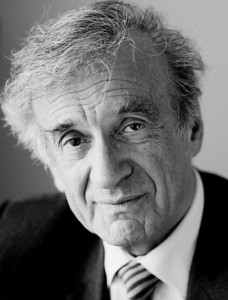Ephraim Ahmed Zayat (b. 1962) was born in Cairo to a wealthy Orthodox Jewish-Egyptian family. His father was Egyptian President Anwar Sadat’s personal doctor. Zayat studied in the US at Yeshiva University, and then at Boston University, where he got his Master’s in business and health. He then spent some time as a real estate investor in New York (working for past Jew of the Week Zev Wolfson), before returning to Egypt to run Al-Ahram Beverages. Zayat turned the company into a huge success, particularly through its popular alcohol-free halal beer catered to the Muslim world. He sold Al-Ahram to Heineken in 2002 for triple the original price, making it the largest buyout in Egypt’s history. Zayat then turned his attention to horse racing. He first learned to ride horses as a child growing up in Egypt, and had competed in various show jumping tournaments, winning a couple of national titles. Zayat soon started his new company, Zayat Stables, to breed his own race horses. His horses have gone on to win two dozen prestigious competitions. At one point, he was America’s number one race horse owner. Most recently, his horse American Pharoah made history by winning the Triple Crown – one of just 12 horses to do so, and the first since 1978. Before the final race, Zayat had American Pharoah’s jockey Victor Espinoza visit the grave of the Lubavitcher Rebbe to pray for success. Zayat still has big investments all over the world, including being the main shareholder in Egypt’s largest glass container manufacturer. He is also a noted philanthropist, donating large sums to various important causes, including Jewish schools.
Words of the Week
From the time that God said to our forefather Abraham, “Go from your land…” and “Abraham went on, journeying southward,” began the process of birurim – of extracting the sparks of holiness that are scattered throughout the universe and buried within the material existence… By Divine providence, a person wanders about in his travels to those places where the sparks that are to be extracted by him await their redemption…
– Rabbi Sholom DovBer of Lubavitch



